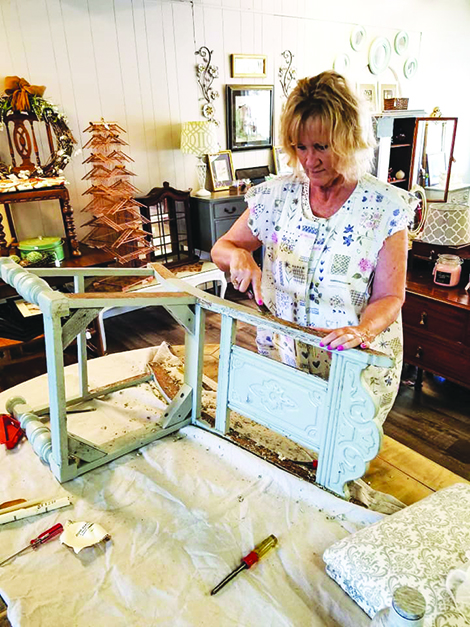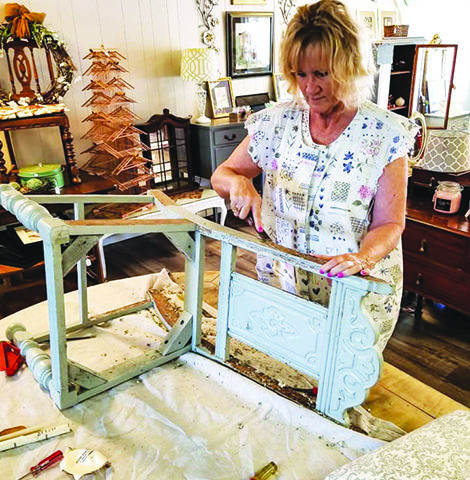Seniors are more aware than ever that they need to have enough money to carry them through retirement. Experts put the figure at an estimated 80 percent of pre-retirement income for the average American, who is expected to retire at the age of 63, to live comfortably for the next 18 years.
Unfortunately, many won’t meet this target and will run the risk of running out of money should they retire sooner or live longer. Instead of searching for post-retirement jobs, an option is to start a business to fund their retirement years.
Here are a few tips to ensure a late-in-life business idea ends up being a good investment.

Make use of good resources.
Before investing time and money into a concept, it’s important to consider the things that will form a good foundation for the business. This includes:
- Creating a business that will allow you to maintain your lifestyle. For instance, if you have a hard time moving around, a business that requires travel may cause frustration. Another thing to consider is that the business may require additional cash-flow from time to time, but shouldn’t affect your standard of living in retirement.
- Tap into the right market. It will be difficult to sell a snowsuit in a tropical coastal town. Therefore, proper research needs to be done. This would include a feasibility study for startups of a whole new concept. After that, do the business plan. This allows insight into what you’re getting yourself into and provides a blueprint for your business.
Cindy Corier can attest to this. She was semi-retired from corporate sales when she opened The Collected Home in University Place, and hasn’t looked back. Since opening in July 2018, the antiques and home decor shop has moved into a larger space in the Prestige Center on Mountain View.
Corier said anyone planning to launch a small business needs to “have a plan†that includes sound business and marketing approaches.
“Make sure you know what you’re doing,†she advised.
A business plan includes a suitable timeframe for break-even to take place. After that milestone, the business will need to generate a profit to ensure you don’t have to tap into your personal retirement reserves.
- Form a strong “tribe.†That might be millennialspeak, but it’s important that small-business owners surround themselves with people who add value to the enterprise–business coaches, mentors, a network of business owners, the right accountant and attorney, and great staff.
A no-cost source of support is SCORE, a network of volunteer, expert business mentors that has helped 11 million entrepreneurs get their businesses off the ground and grow them since 1964. In 2019 alone, 29,681 new businesses started with advice via SCORE. Annually, about 10,000 volunteers provide free mentoring in one-on-one and group sessions, though during the coronavirus outbreak, the services have been done remotely by phone, e-mail and video.
The pandemic has had a large impact on small-business profitability, too. In October, 33 percent of owners described their businesses as profitable, compared to 55 percent before the pandemic, according to SCORE.
Make use of modern business techniques.
There is no reason to rely on traditional methods alone to give businesses a boost. For instance, staffing issues can be resolved by hiring freelancers. This works well for short-term or one-off projects. Remote workers may also add value in the right business environment.
Modern funding options can also boost businesses without relying on traditional funding routes, such as taking out costly loans. Online “crowdfunding†platforms such as Kickstarter, Indiegogo, and GoFundMe are one option for a cash injection into the business.
According to SCORE, business owners adapting to COVID-19 generally agree that government stimulus checks, free advertising credits, and mentorship are the most helpful forms of assistance to get through this time of business downturn.
Seniors should also allow their passion to dictate the terms of their business. Although starting a business is hard work, it shouldn’t feel like it, and that is what passion for the business achieves.
“We started out with a penny in our pocket and a passion for refurbished furniture and vintage decor,†Corier said. Now The Collected Home is a hub for the University Place community for artists, painting furniture, and unique items for home decorating.
“The customers are happy we’re here and love the items we offer,†she said.
If they’ve dreamed of starting a business, living that dream is a way for seniors and retirees to enjoy extra cash in-flow and to remain an active member of society.
Melissa Clark, who works in marketing and customer relationships for Incfile, a company that advises new entrepreneurs and small-business owners, contributed to this article.
HOW TO SCORE IN BUSINESS
SCORE, ia non-profit partner of the U.S. Small Business Administration, provides free mentoring for startup and existing businesses through volunteer experts. Information about the program, including how to contact local chapters of the organization (Tacoma’s serves clients in Pierce, King and Thurston counties, among others; Seattle’s covers King, Kitsap and Snohomish counties), enlist the help of a volunteer or become one, is available at score.org and 1-800-634-0245.
